Justice Samuel Alito
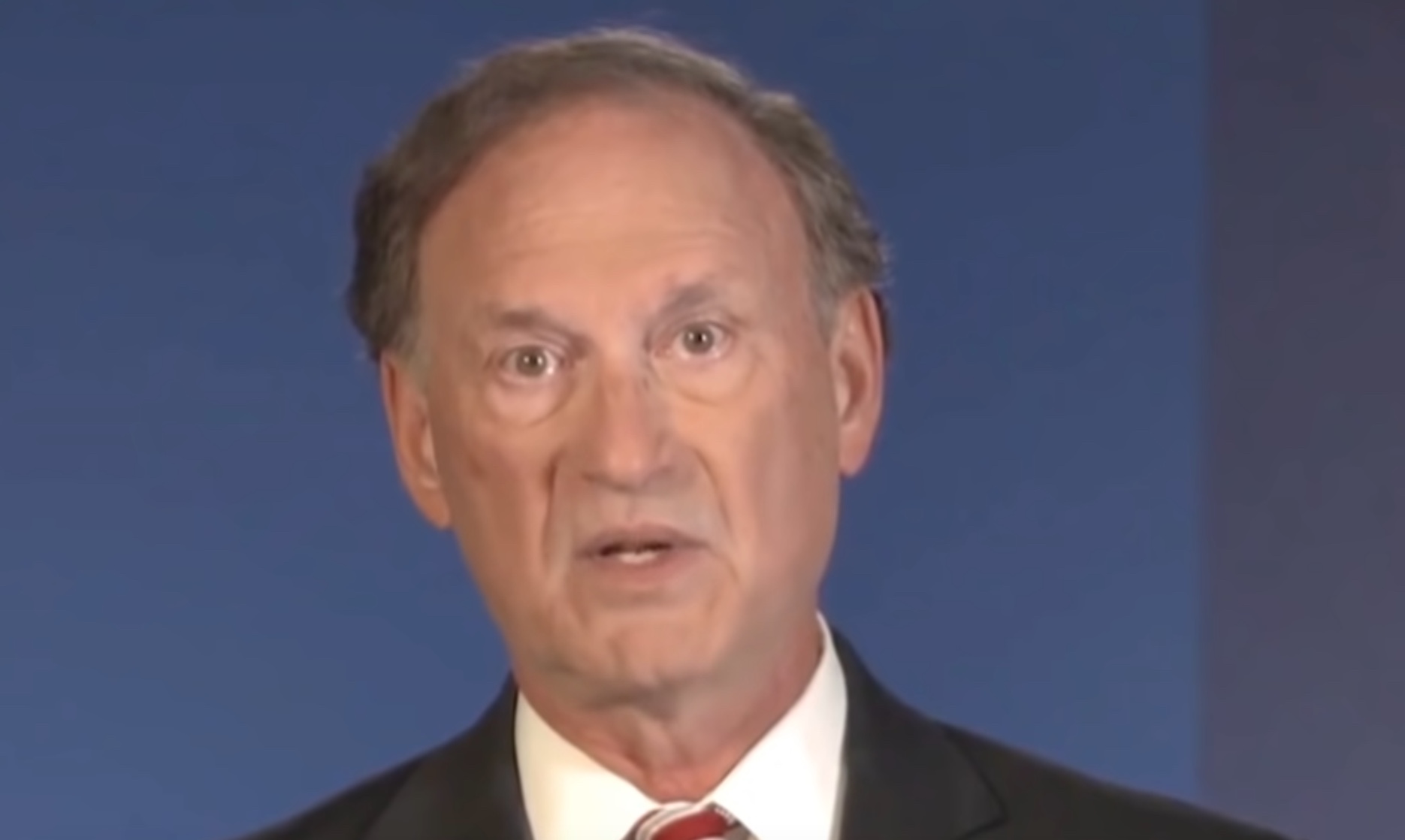
Youtube
During a landmark Supreme Court session on Thursday, Justice Samuel Alito rigorously questioned Special Counsel Jack Smith’s team in the widely publicized federal election manipulation case involving former President Donald Trump.
Possible rejection
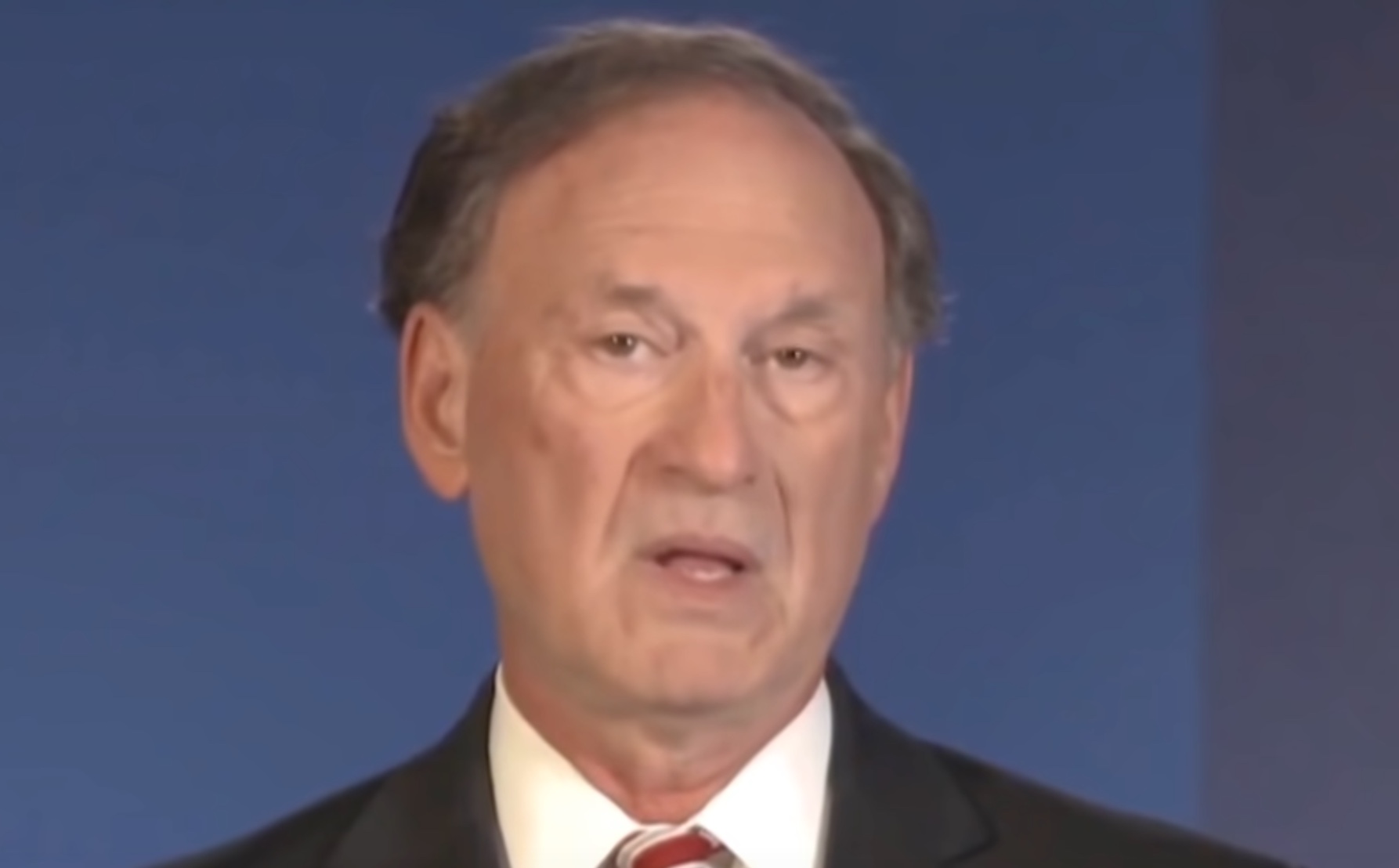
Youtube
The justices indicated a nuanced position on presidential immunity, hinting at a possible rejection of Trump’s expansive assertions while contemplating a postponement of the trial until after the upcoming November election.
Scrutiny
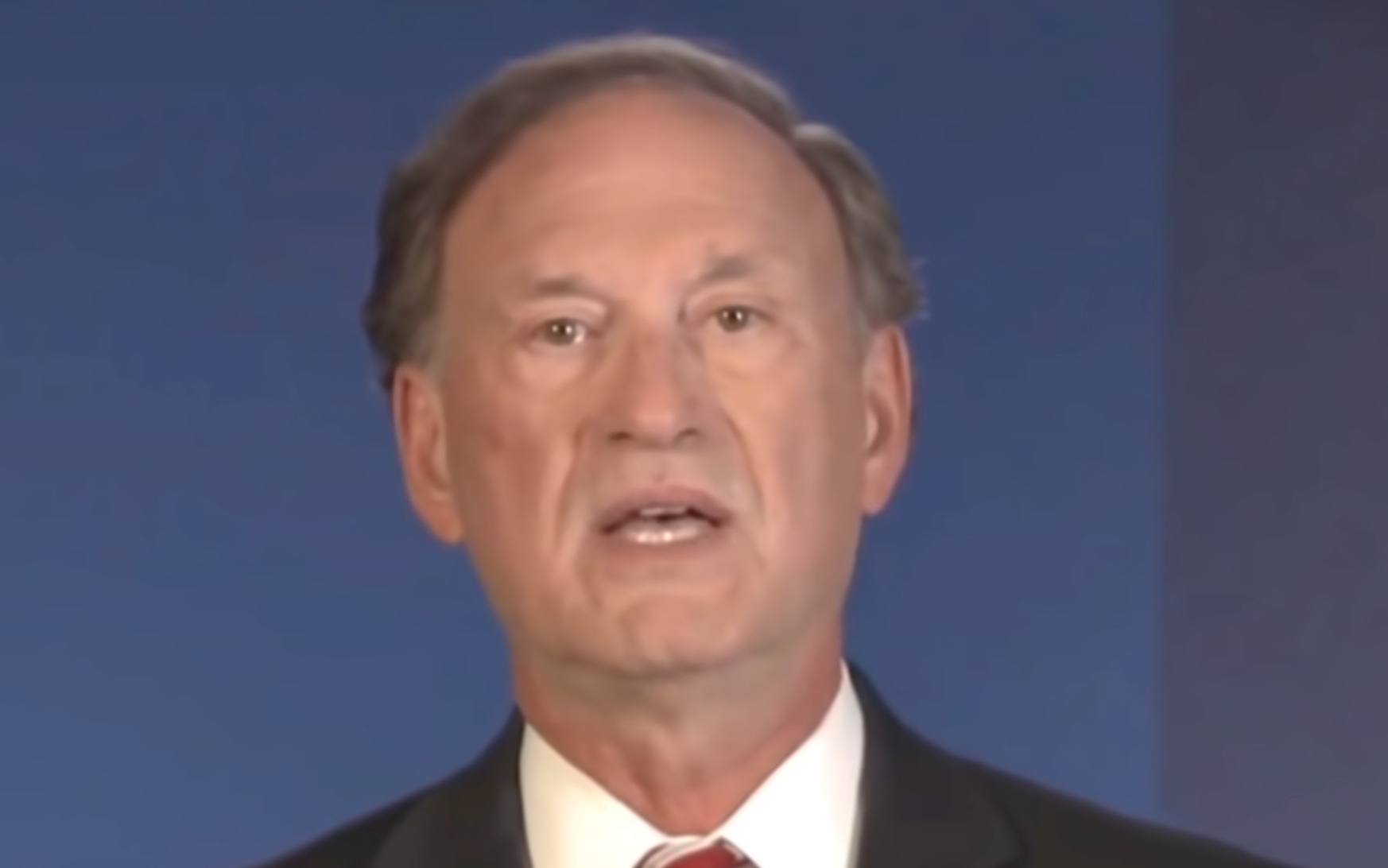
Youtube
The court seemed reluctant to promptly move forward with the special counsel’s allegations, possibly considering sending the intricate legal issues back to the lower courts for additional scrutiny.
Legal traditions
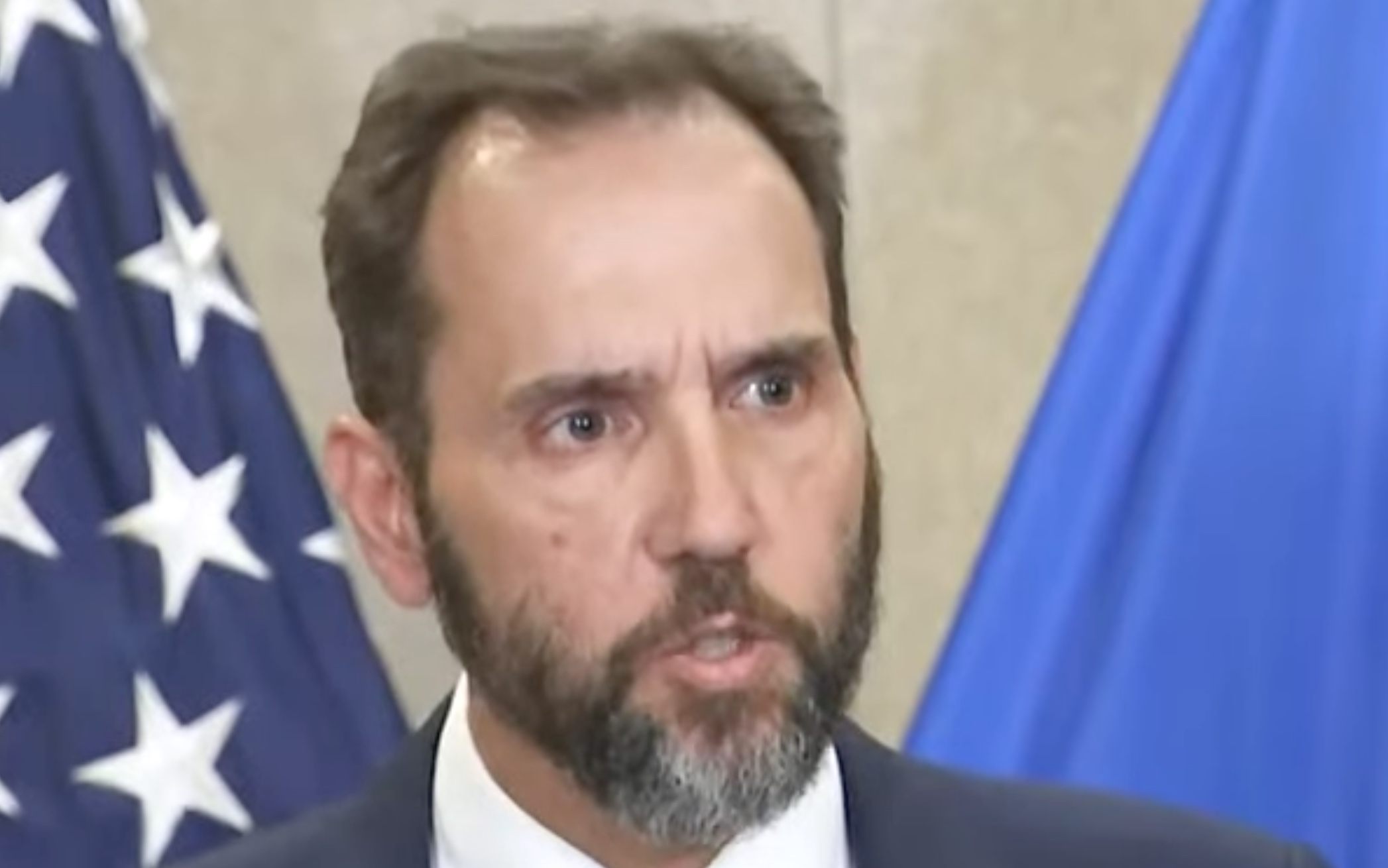
Youtube
The careful handling underscores the judiciary’s aim to harmonize legal traditions with the exceptional conditions of the case.
Michael Dreeben
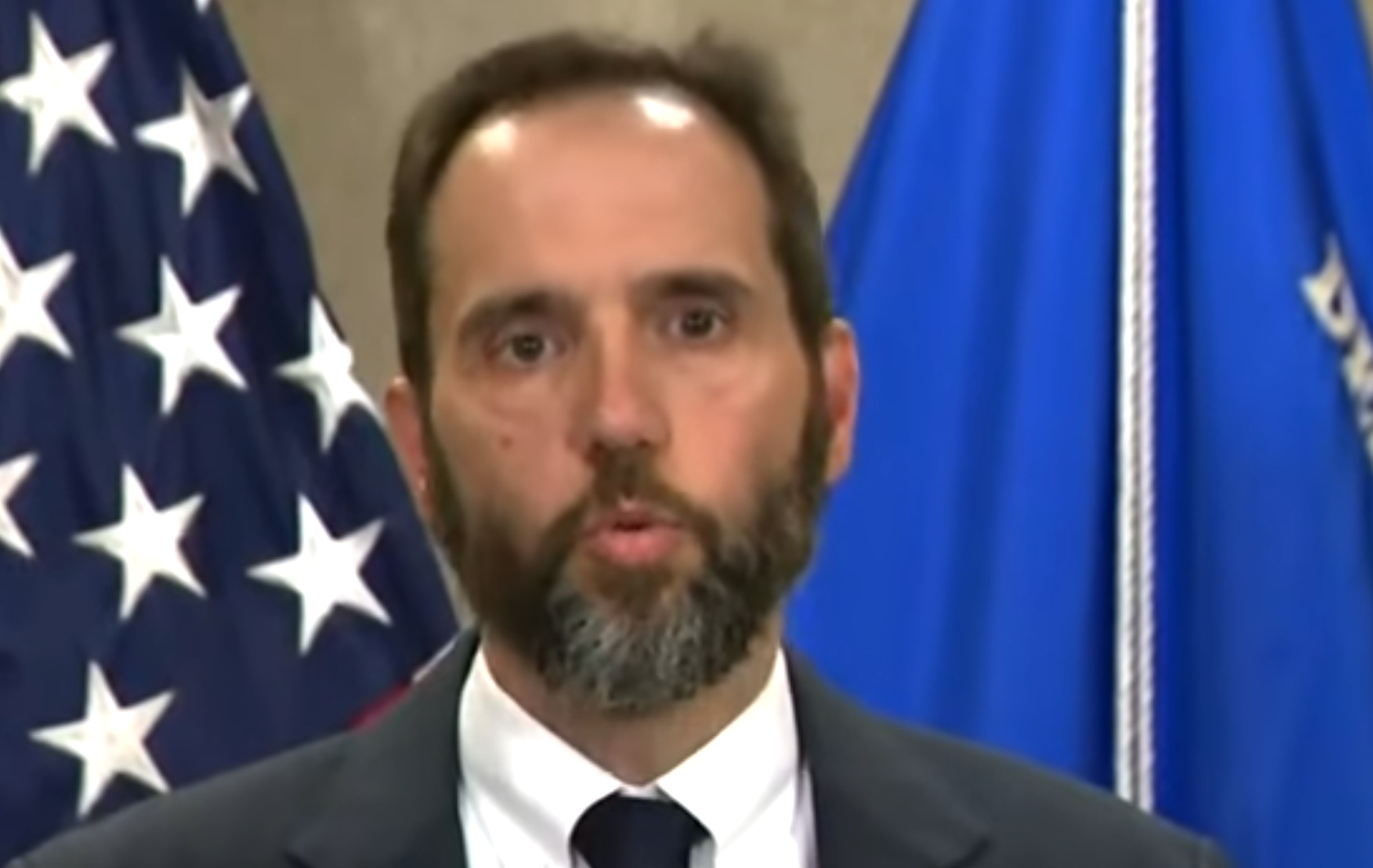
Youtube
Justice Alito delved into historical parallels to assess the points made by Michael Dreeben, the Special Counsel’s lawyer.
Controversial
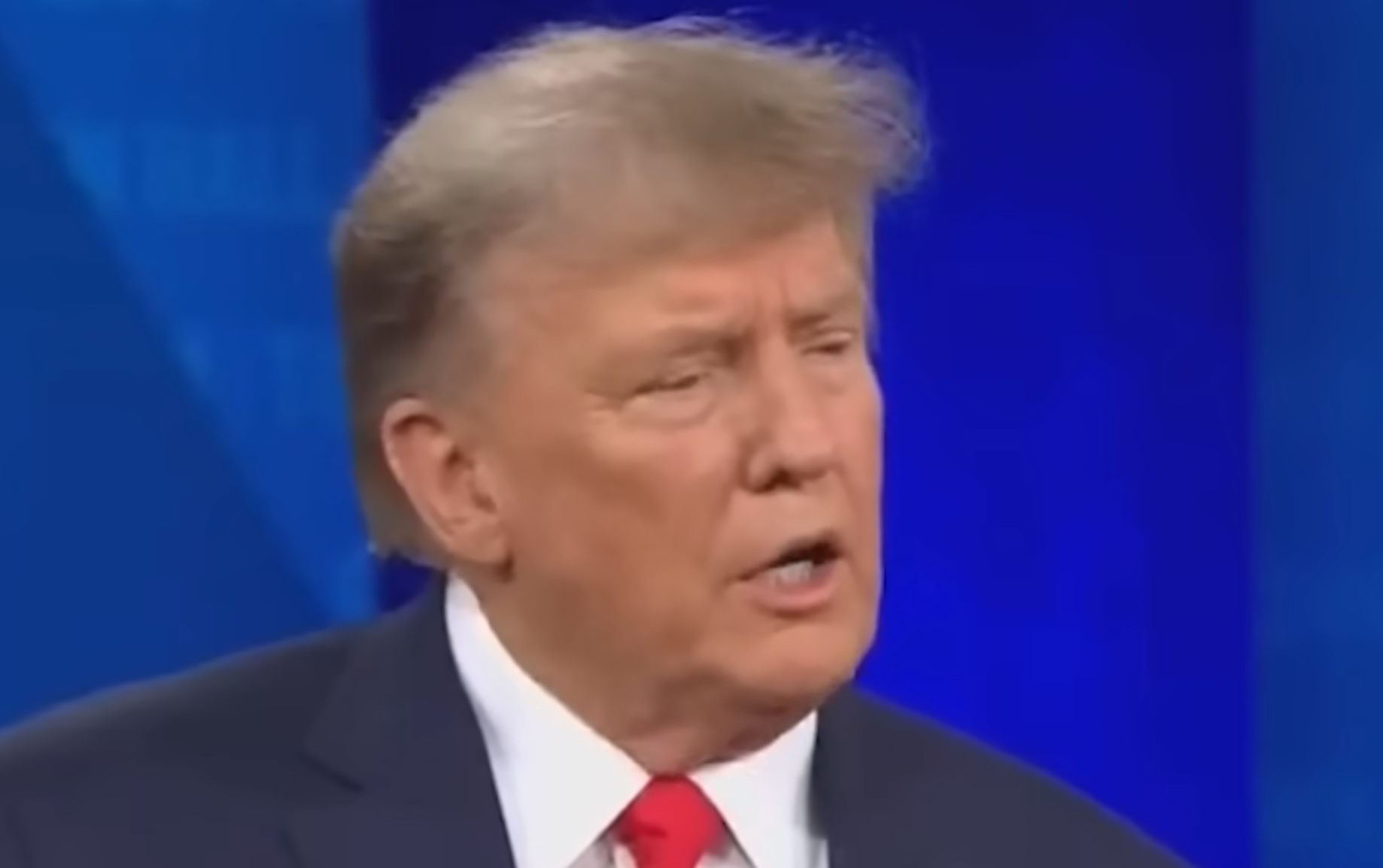
Youtube
Alito drew parallels to controversial presidential actions in history, such as President Franklin D. Roosevelt’s internment of Japanese Americans during World War II, pressing Dreeben to explain why these actions were not previously considered federal offenses.
Federal crime
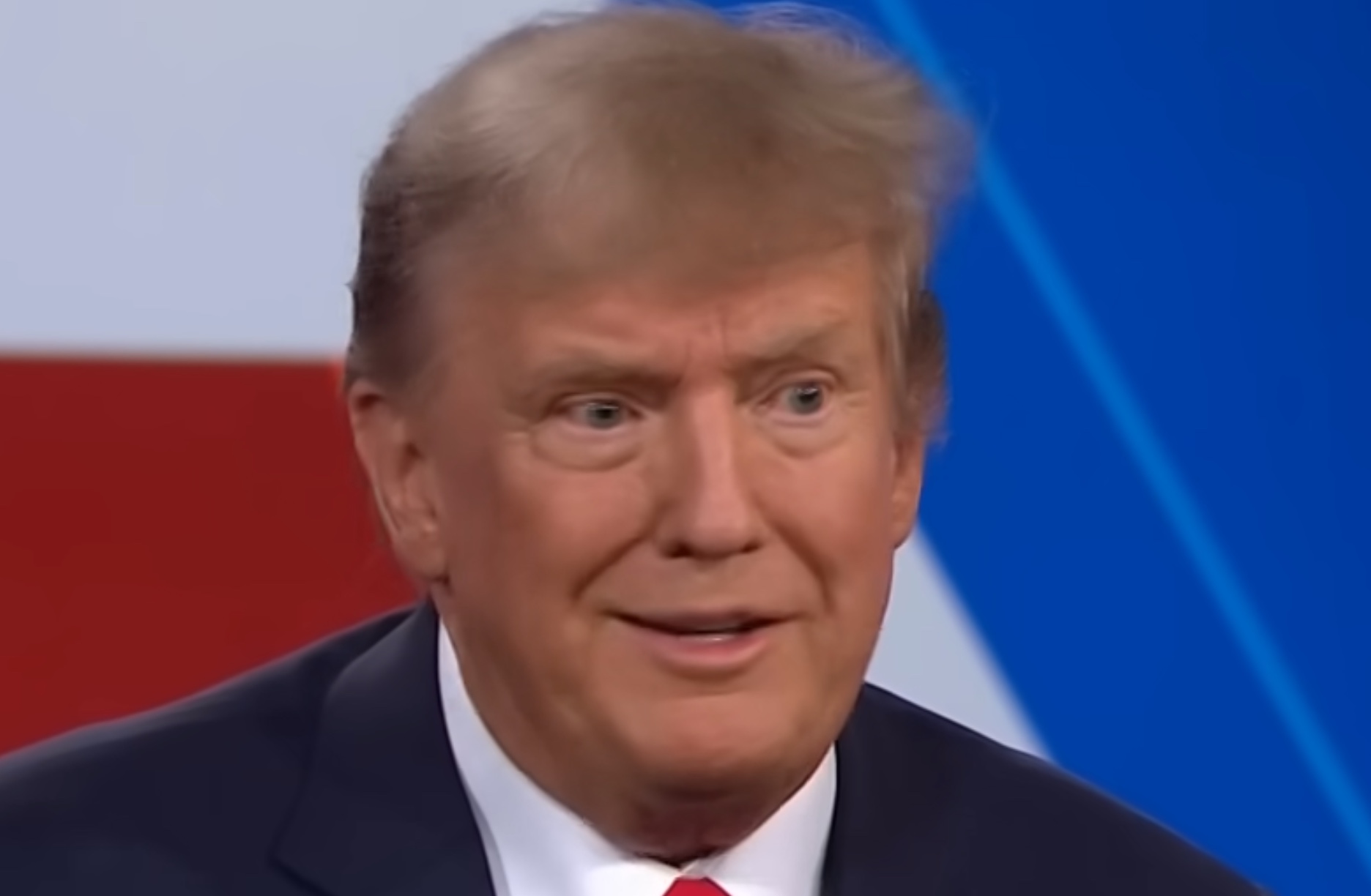
Youtube
“Mr. Sauer and others have identified events in the past where presidents have engaged in conduct that might have been charged as a federal crime,” Alito noted. “So what about President Franklin D. Roosevelt’s decision to intern Japanese Americans during World War II? Couldn’t that have been charged under 18 U.S.C. 241, conspiracy against civil rights?” he asked.
Presidential power

Youtube
The conversation delved further as Alito probed the impact of wartime choices on presidential power. He highlighted that decisions made during times of intense national security concerns might be viewed differently from a legal perspective.
Self-pardons
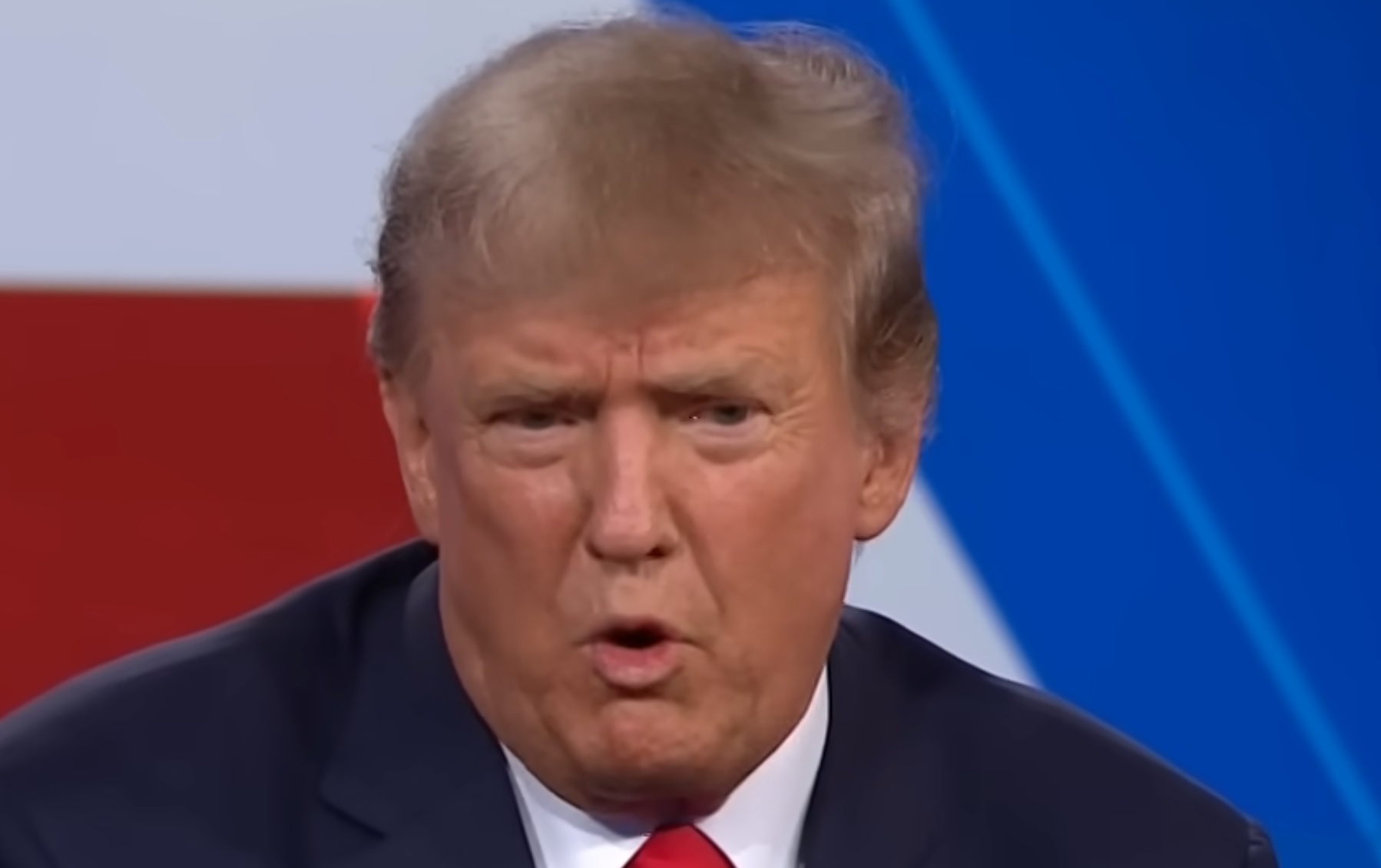
Youtube
The discourse also ventured into the theoretical concept of self-pardons, a subject that has ignited substantial legal and constitutional discussions. Alito raised the question of whether a president could grant himself a pardon, a situation that has yet to be addressed by the Department of Justice and the courts.
Immunity
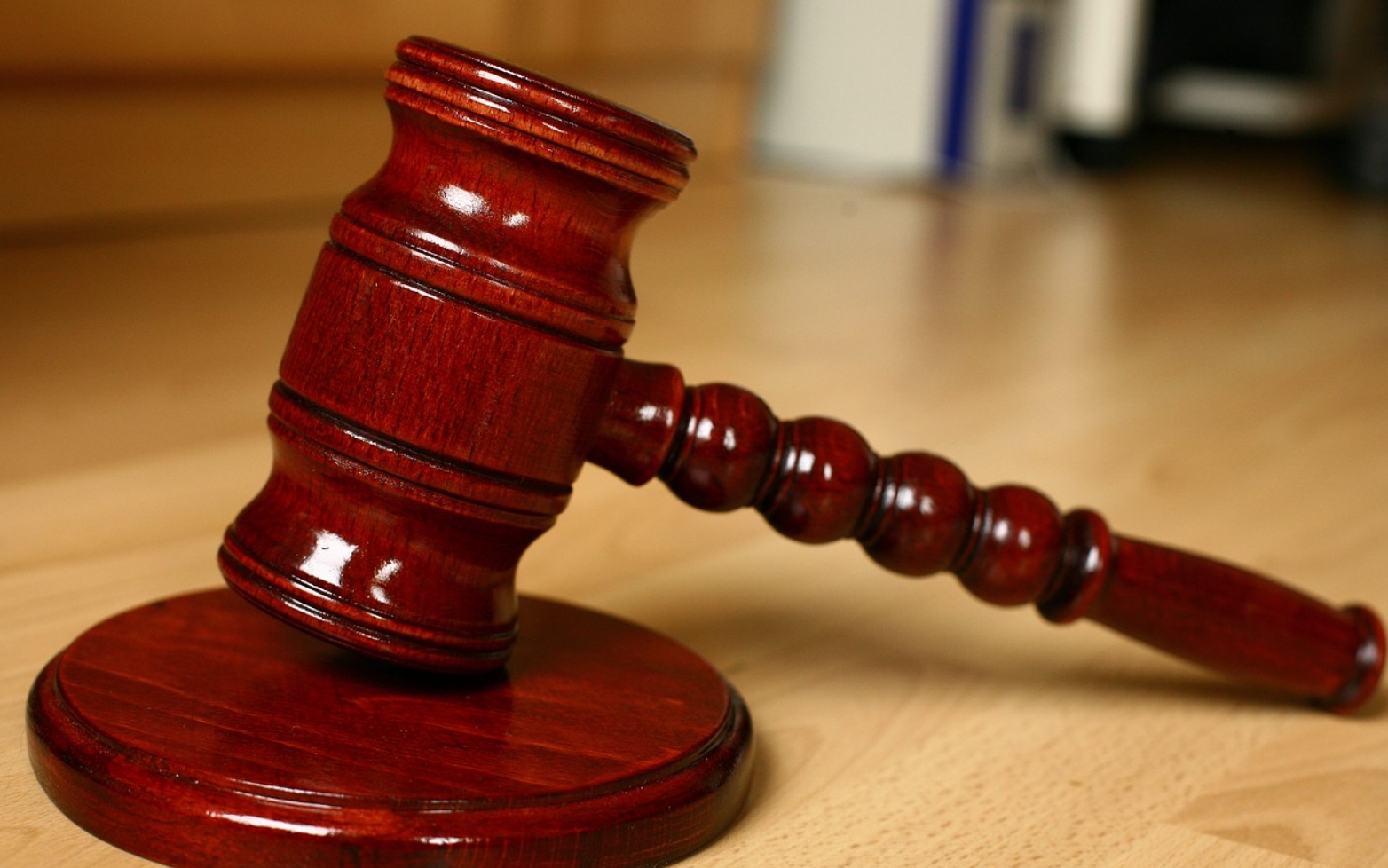
pixabay
“If a president has the authority to pardon himself before leaving office, and the DC Circuit is right that there is no immunity from prosecution, won’t the predictable result be that presidents, on the last couple of days of office, are going to pardon themselves from anything that they might have been conceivably charged with committing?” Alito asked.
Self-pardoning authority
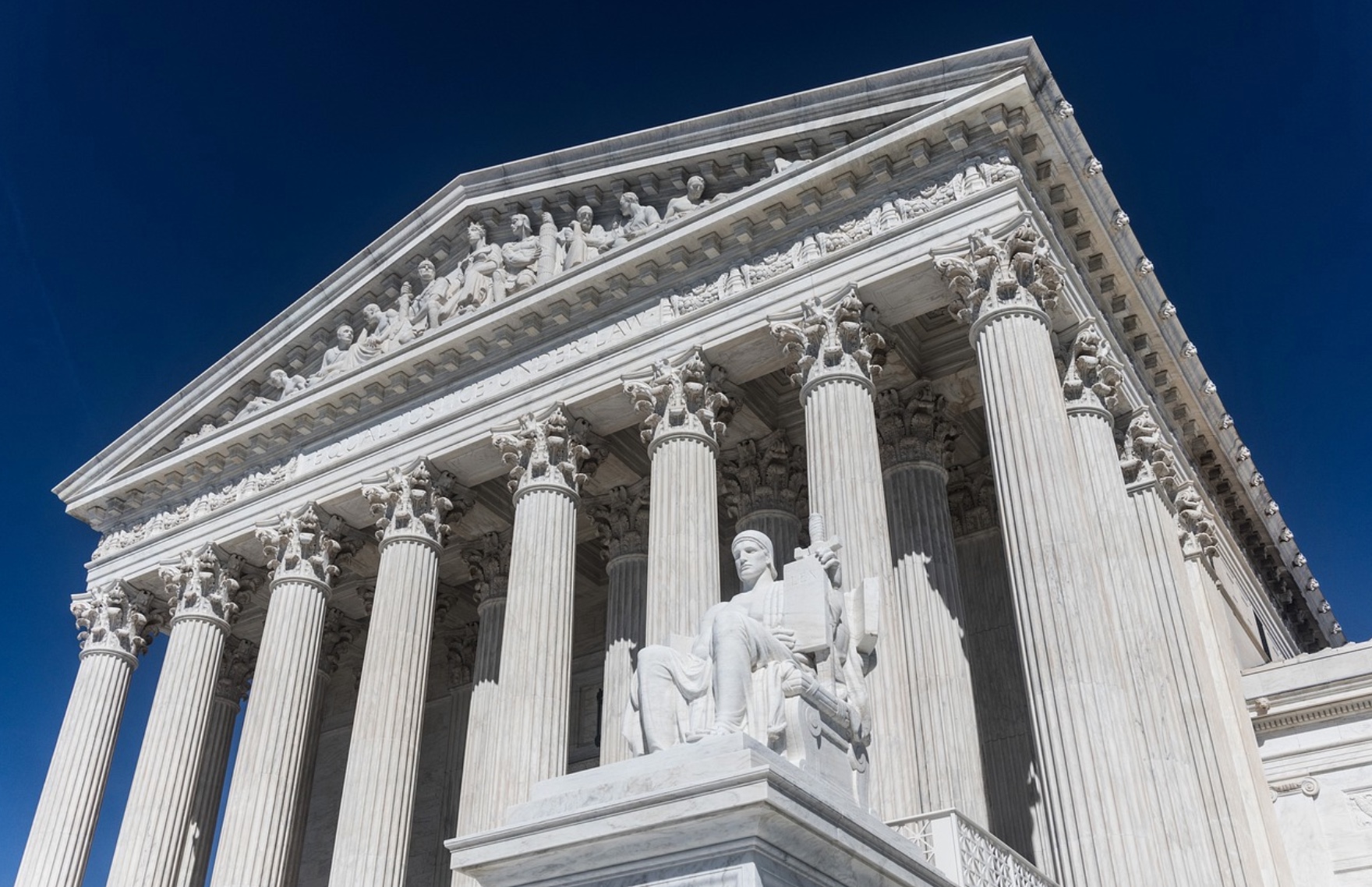
pixabay
Dreeben replied by emphasizing the current position of the Justice Department regarding the theoretical concept of self-pardoning authority.
Political fallout
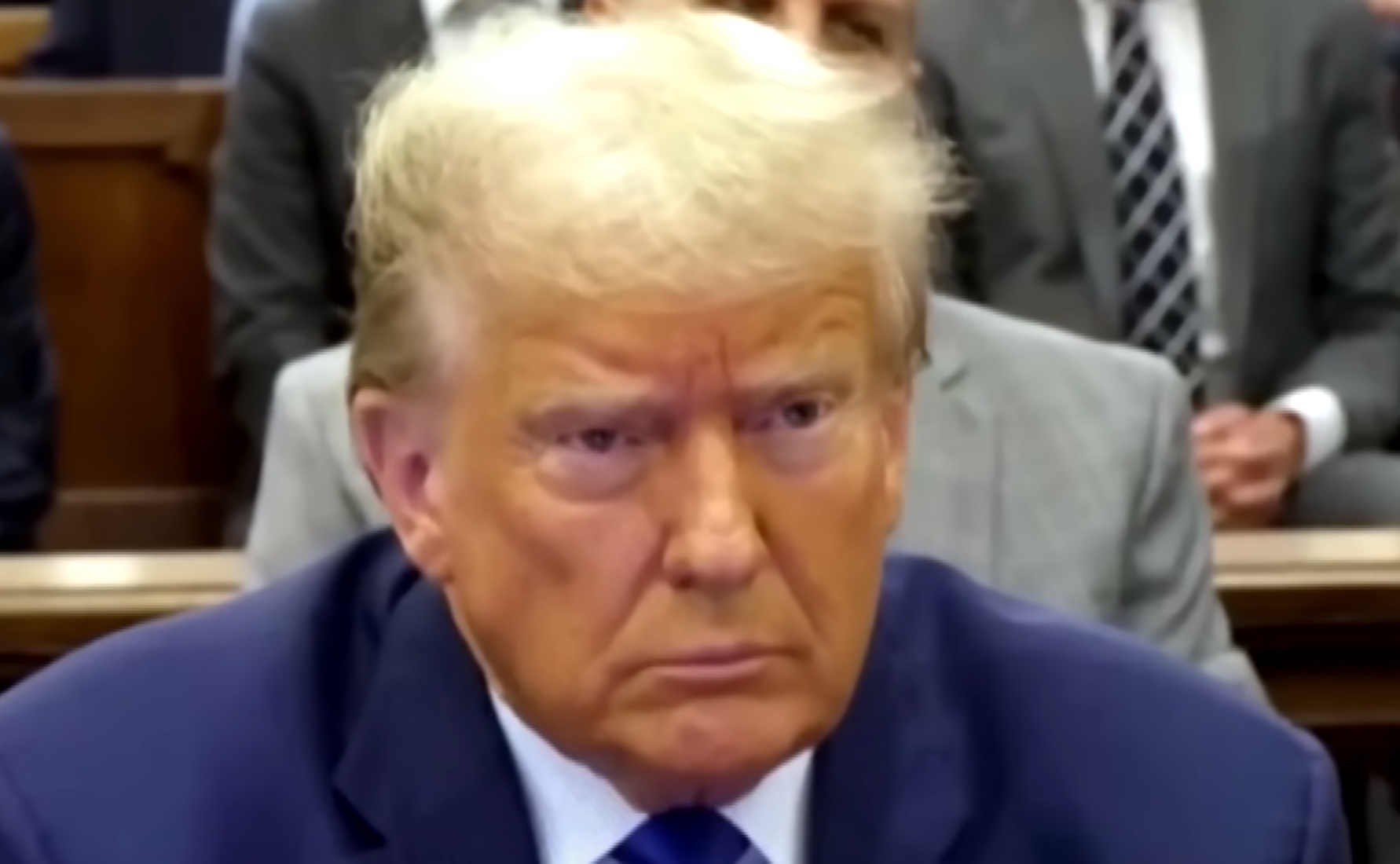
Youtube
“It sort of presupposes a regime that we have never had,” Dreeben argued, suggesting that the political fallout from such an action would serve as a significant deterrent.
Conservative majority
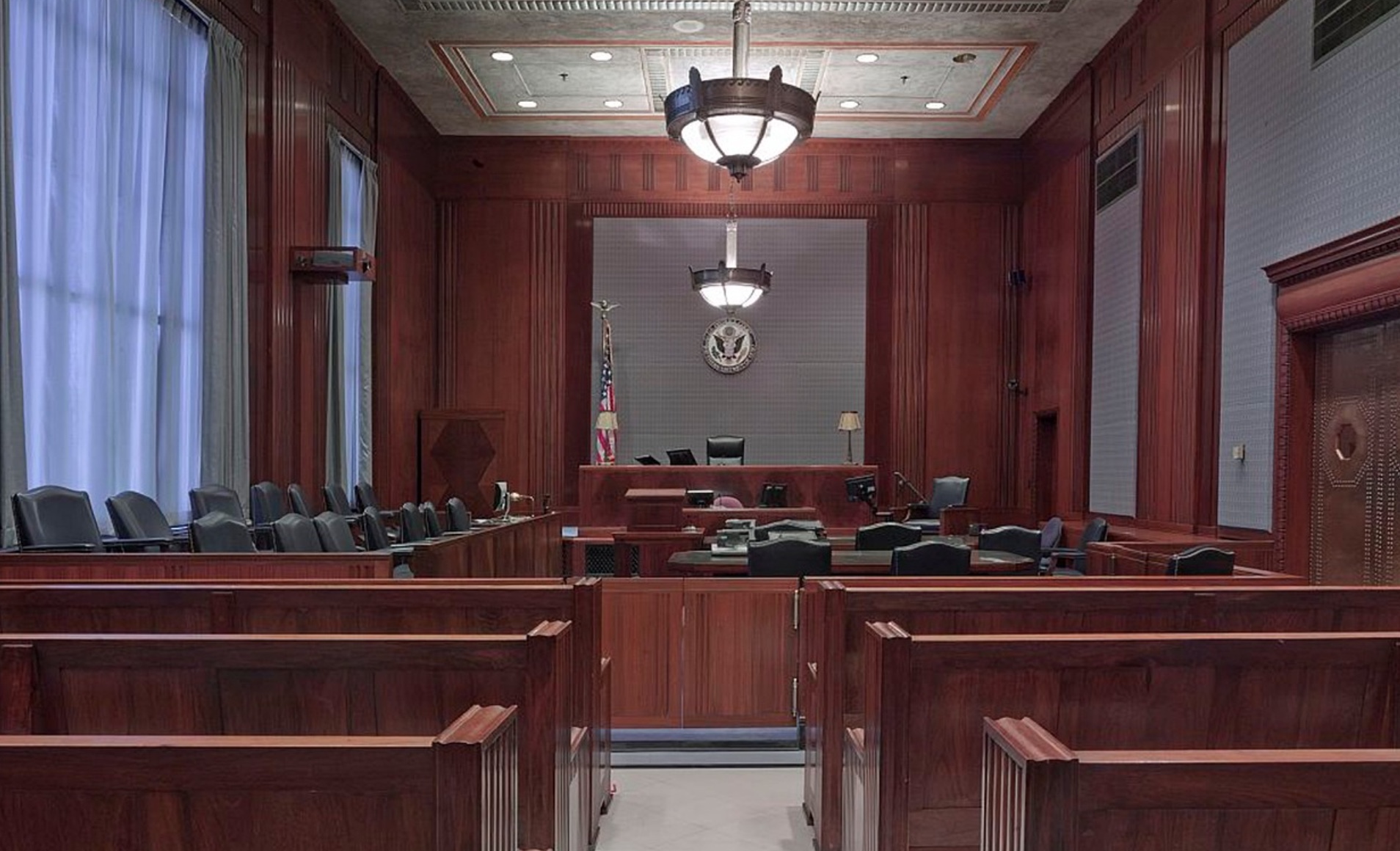
pixabay
The Supreme Court’s conservative majority, with three justices appointed by Trump, has been under significant scrutiny in light of this case.
Denied
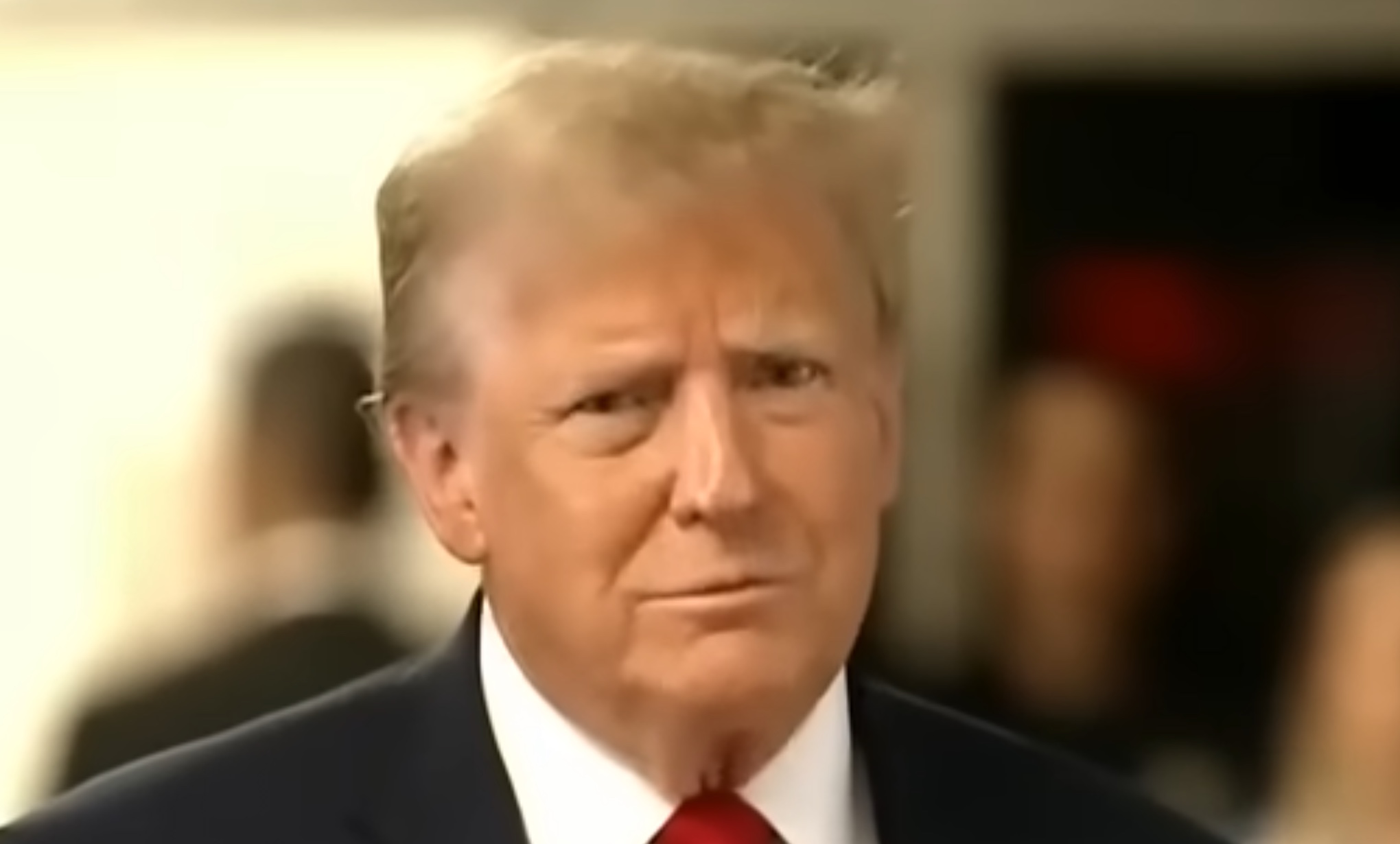
CNN
A federal appeals court decision on February 6 denied Trump immunity from prosecution, while a recent ruling favored Trump by preventing Colorado from removing him from the ballot in an election year.
Accountability
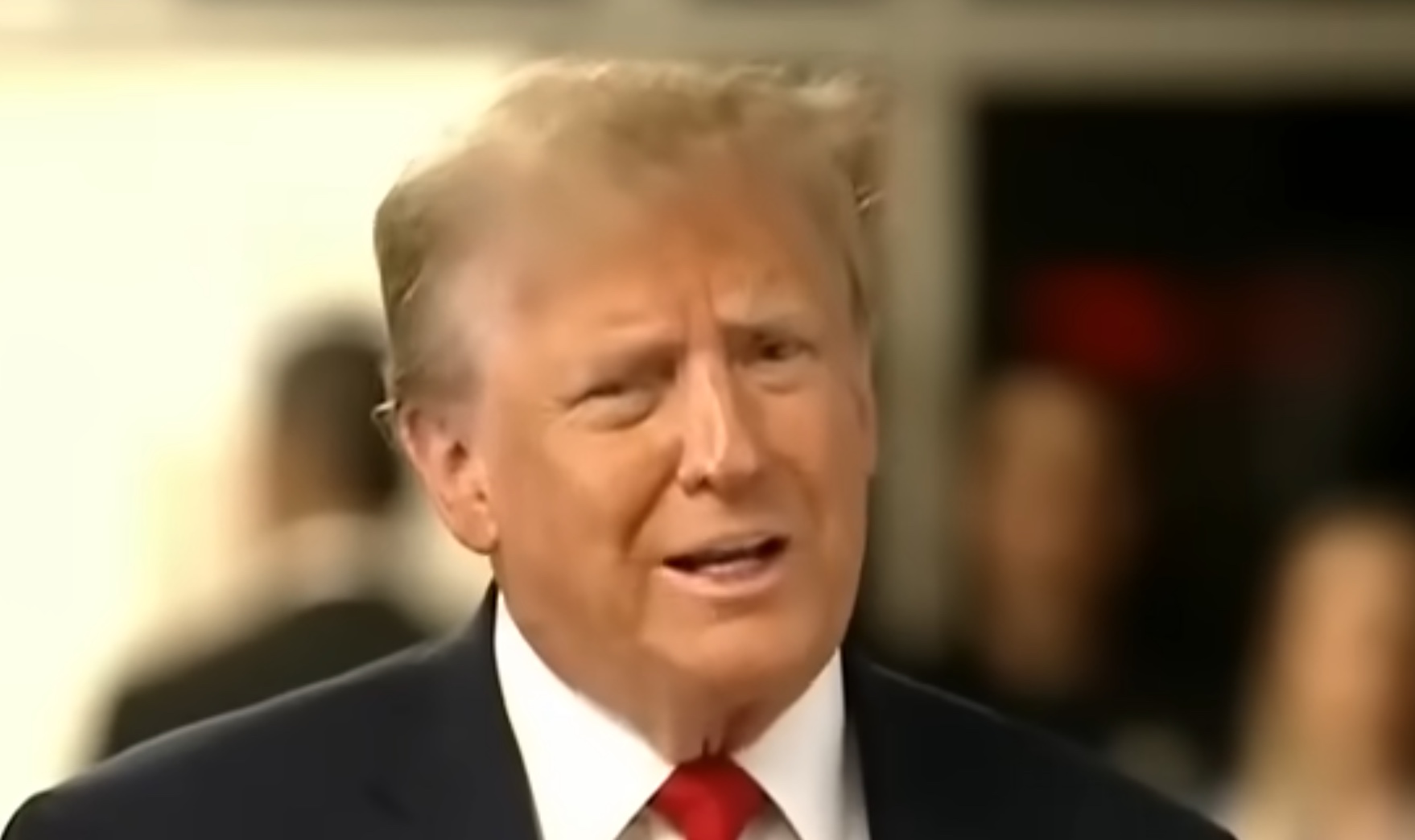
Youtube
As the justices deliberate on the complex legal issues at hand, this case remains a focal point of national interest, with potential implications for reshaping the boundaries of presidential authority and accountability.
Delaying
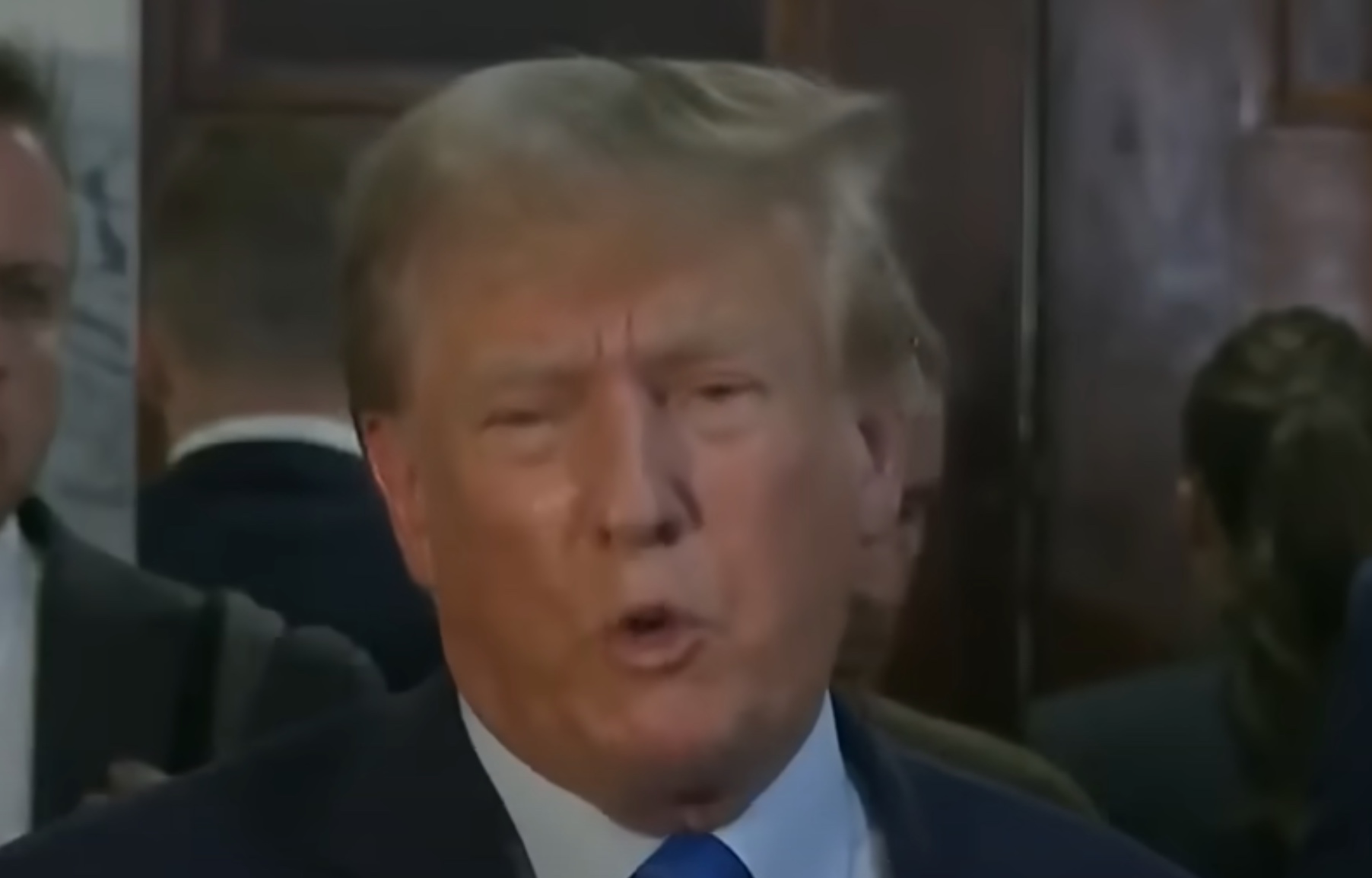
Youtube
The consideration of delaying the trial indicates a cautious approach by the court, recognizing the potential political and legal consequences of a rushed judgment.

